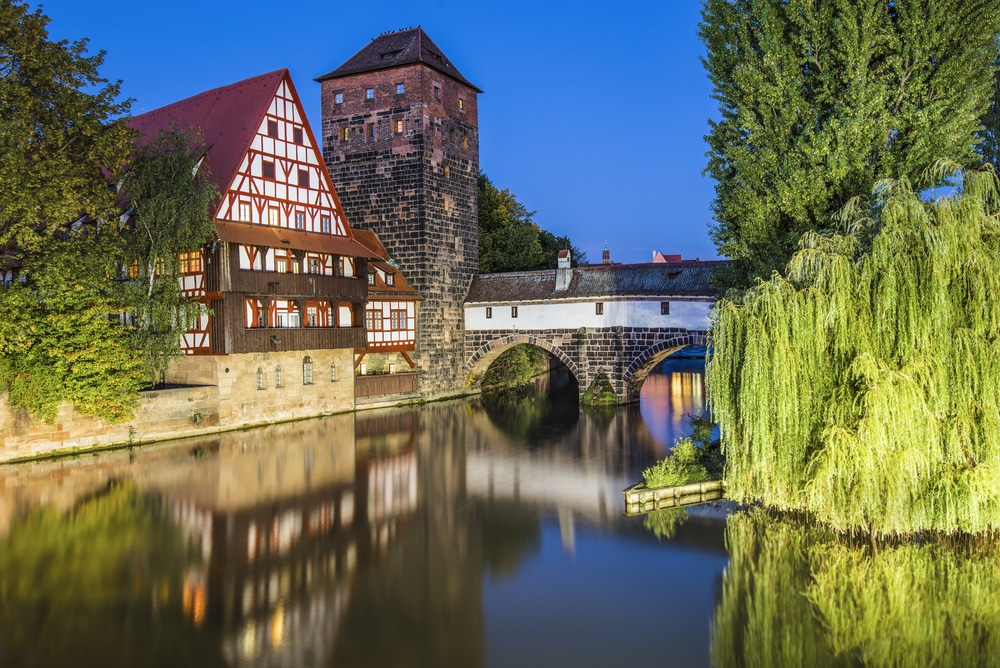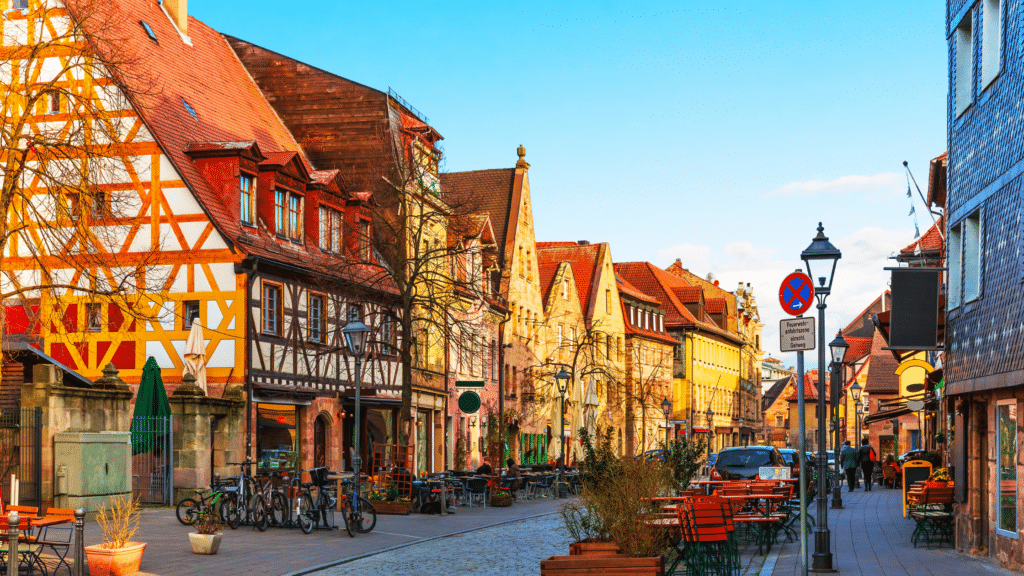
Useful Basic German Phrases
Learning Basic German phrases does not only come in handy when trying to get around, but it might also inspire you to want to take it a step further and actually learn the language. German is spoken by about 95 million people in the world. It is the official language of 6 countries: Germany, Austria, Switzerland, Belgium, Liechtenstein, and Luxembourg. Over 78% of the world’s total German speakers live in Germany.
A German learner will have to get used to the fact that in German grammar, nouns have genders. They are either feminine, masculine or neutral, and other than some spelling patterns, there is no rhyme or reason in regard to how they were assigned. Another aspect that may take some getting used to are the cases: the nominative, the genitive, the dative and the accusative. Formulating sentences in German can feel a bit like solving a mathematical equation, but with practice, the various spelling and article changes will come a bit more intuitively. The problem is, when learning how to use the cases, one must keep in mind that they will cause changes to the spelling of adjectives as well, but only if they are listed before the noun.
For example: Das Haus ist schön. (The house is beautiful.) The word “schön” (beautiful) is unchanged, as it comes after the noun. However: “Das ist ein schönes Haus. (This is a beautiful house.) The word “schön” changed to “schönes”, because it appeared before the noun, and this particular noun is in the nominative.
The German alphabet consists of 26 letters (21 consonants and 5 vowels), plus 3 “umlauts”: “Ä ä”, “Ö ö” and “Ü ü”. To pronounce the “ä”, one can cheat a bit by using the sound that the long-a sound (like in “say,” or “fair,” in the case of short “ä”) makes. It is not identical, but close enough. To formulate the “ö” sound, one can try to say “urgent”, and focus on the sound that the very same syllable makes “ur”. Again, not identical, but relatively close. The letter “ü” may be the hardest of the three, as there isn’t really an English equivalent, but “ewww” is close. The best way to practice them is to try to repeat after a native speaker until you get it.
Below are some common German phrases for when you travel to Germany. Note: There is a difference between addressing someone whom you don’t know, or someone who you are not close to (work, public places, strangers, etc), and friends and family. This is an important distinction to keep in mind when traveling or moving there.
- Hello/Good Day: Hallo!/Guten Tag!
- My name is Robin: Ich heisse Robin. /Mein Name ist Robin.
- How are you? Wie geht es dir? (friends/family) Wie geht es Ihnen? (formal)
- Where are you from? Woher kommst du? (friends/family) Woher kommen Sie? (formal)
- What’s up/What’s new? Was gibt’s? / Was gibt’s neues?
- What is your name? Wie heisst du? (informal) Wie heissen Sie? (formal)
- Thank you! Danke!
- No problem! Kein Problem!
- Congratulations! Gückwunsch!
- Good Luck! Viel Glück!
- Could you repeat this? Könntest du/ Könnten Sie das wiederholen?
- I don’t know. Ich weiss (es) nicht.
- I am sorry. Es tut mir leid! (to apologize)
- Excuse me! Entschuldigung! / Entschuldigen Sie.
- Where is the bathroom? Wo ist die Toilette?
- What does this cost? Wieviel kostet das?
- Do you speak English? Sprichst du / Sprechen Sie Englisch?
- I don’t understand. Ich verstehe nicht.
- Goodbye – Tschüss! (informal) Auf Wiedersehen! (formal)
- Have a nice day! Schönen Tag noch!
- Yes. / No. / Maybe. Ja. / Nein. / Vielleicht.
Example of a German Joke:
Was hat vier Beine und kann fliegen? Zwei Vögel.
What has four legs and can fly? Two birds.
A German Proverb
Es ist noch kein Meister vom Himmel gefallen.
Translated loosely: No master has ever fallen from the sky.
Want more to learn more German phrases? Get started with lessons!





Responses